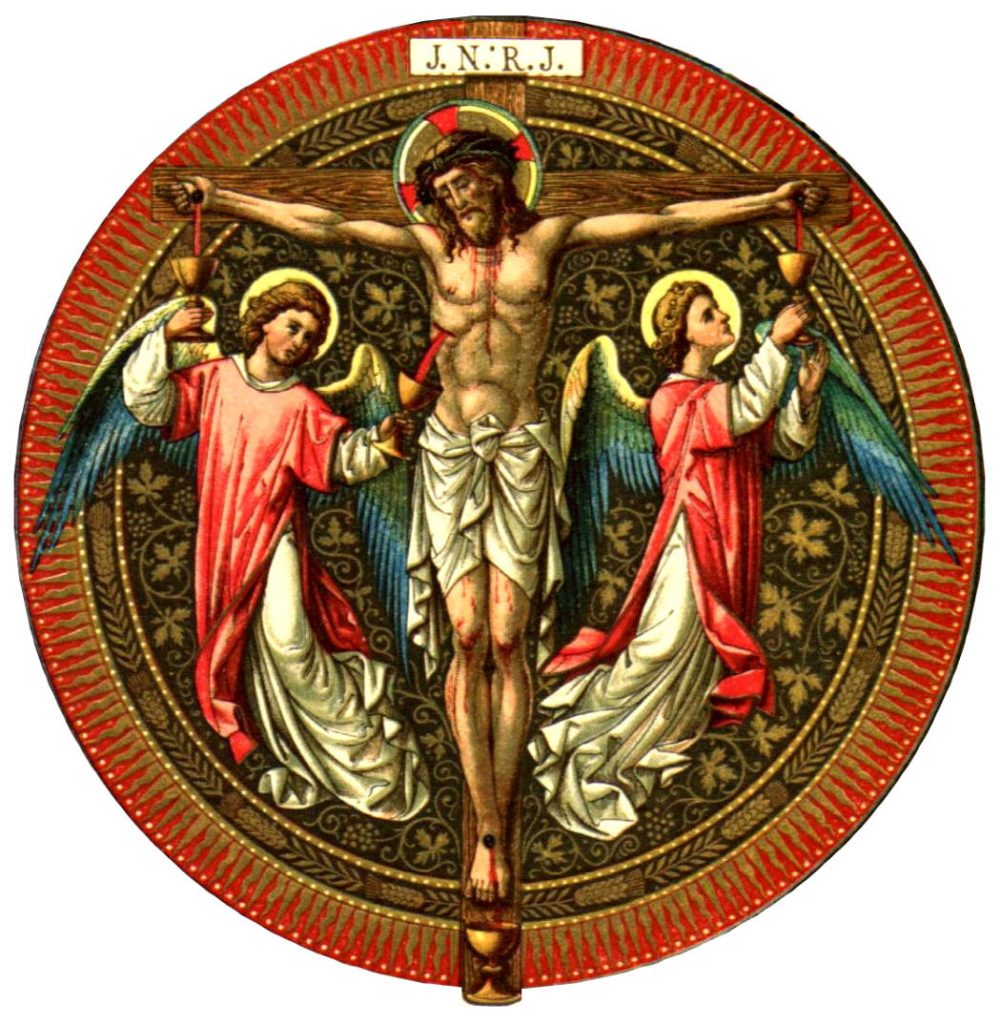The Most Holy Eucharist is often called Holy Communion. This takes us back to St Paul who spoke of the chalice of benediction, and the “one bread” as a communion or participation in the body and blood of Jesus Christ. This is at the heart of what it means to participate fully at the Eucharist.
Although we do take part in some external activities such as responding, singing, kneeling or beating our breast, these are all signs of our interior participation which is also shown when we listen quietly to a reader or to prayers said by the priest, or when there is a silence during the sacred Liturgy, filled with the prayers of priest and people united in Christ.
In fact, all of the things that we do at Mass, give way to the action of God which is the high point of the rite. By the power of God, the elements of bread and wine are changed and become the body and blood of Christ, offered in sacrifice for our salvation.
Our forebears in the faith in penal times treasured the Mass even at the cost of their lives. The took great risks to keep the requisite material things for the Eucharist because they understood that in our lives in this world and in eternity, “It is the Mass that matters.”

